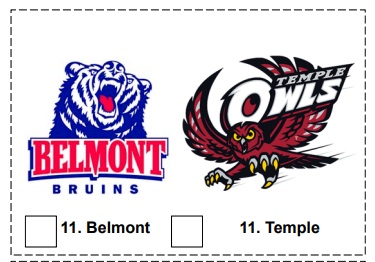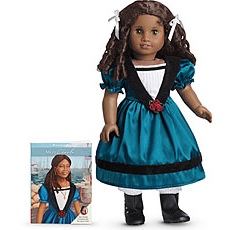Pixar’s Finding Dory had the biggest debut weekend ever for an animated feature and for good reason! It’s a delightful, beautifully told story of a brave fish on a quest to find her parents with the help of her supportive friends, and it is capturing the hearts of children and adults alike! Another thing it is doing? Helping to promote compassion, understanding and support for those in our communities that experience emotional, behavioral or cognitive differences.
Dory experiences acute memory loss, and at times her inability to remember important information can exasperate her friends and family. By recognizing Dory’s difference not as a fault but rather as a unique way that her brain works, her family and friends are able to help her fulfill her goals.
The movie presents a great opportunity to reinforce the importance of caring and compassion toward those with social, emotional or cognitive differences, as well as to help reduce the stigma that those with such differences face.
Here are a few good points of conversation to help your children become mental health advocates:
- Make the brain-behavior connection. We all have differences that are a result of the unique ways our brains work. Sometimes the differences are subtle: Some brain differences affect a person’s ability to see different colors. But sometimes the differences are more pronounced: They might affect a person’s ability to remember, like Dory, or to communicate with others, like someone with autism. It’s important to stress that these differences don’t make one brain better than another. They just make each brain unique. The thing to remember is that every brain is beautiful!
- Encourage conversation. Children are naturally curious and may have questions as they try to understand the differences between themselves and those with social, emotional or cognitive differences. Dory’s friends and family talk openly and kindly about her difference; be sure to do the same with your children. As questions arise, answer them honestly and in a way your children can understand. Demonstrating openness and empathy with children helps them better understand others and encourages them to look beyond differences to see the whole person.
- Promote acceptance and inclusion. The most important thing to stress to your children is that all people — no matter their differences — deserve to be treated with respect and kindness. Sometimes, people may say unkind things about those who experience emotional, behavioral or cognitive differences. But, like Dory’s friends and family, it’s better to accept people and their differences and find ways to support and include them. Marlin and Nemo’s support of Dory led them on a great adventure that enriched all their lives. The same is true when we show kindness and caring for those in our community with differences — everyone benefits!
Ultimately, Finding Dory is a celebration of Dory’s cognitive difference, sending a great message to children that every person is unique and worthy. When we focus on showing kindness, compassion and support to everyone in our community, especially those with social, emotional or cognitive differences, we are all able to unlock our true potential!
Marilyn B. Benoit, MD, is chief clinical and medical officer at Devereux Advanced Behavioral Health. To learn more about reducing the stigma facing individuals and families with emotional, behavioral and cognitive differences, visit Devereux.org.






